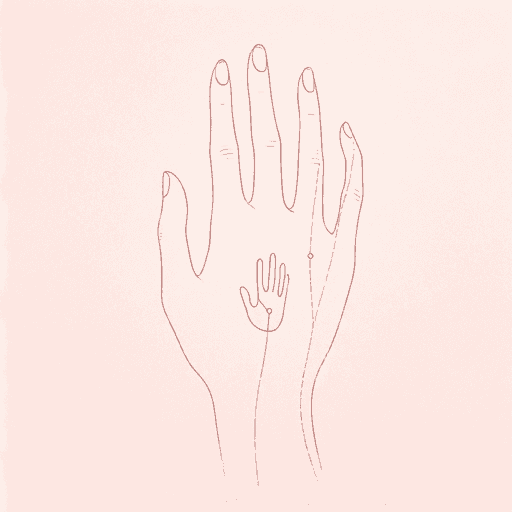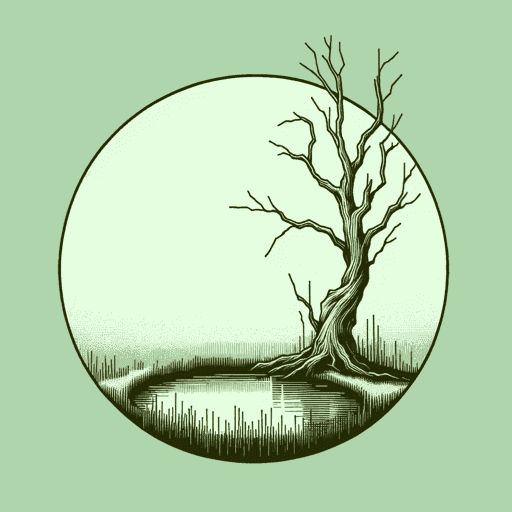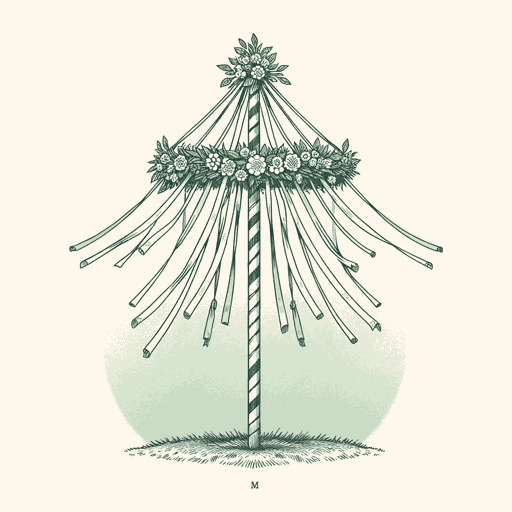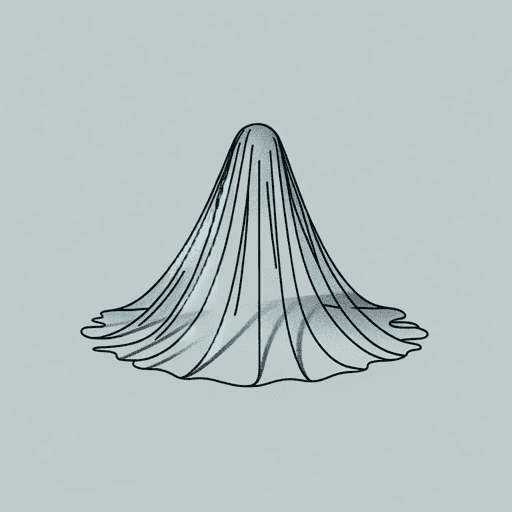30 pages • 1 hour read
The Artist of the Beautiful
A modern alternative to SparkNotes and CliffsNotes, SuperSummary offers high-quality Study Guides with detailed chapter summaries and analysis of major themes, characters, and more.
Important Quotes
“‘Now, that is a pleasant sight,’ said the old watchmaker. ‘I know what it is to work in gold; but give me the worker in iron after all is said and done. He spends his labor upon a reality.’”
(Page 6)
At the beginning of the story, Peter contrasts the delicate work that Owen Warland does with the strength required for Robert Danforth’s job as a blacksmith. Peter Hovenden, who is the old watchmaker, trained Owen, but decries his own profession as less worthy. He prefers the wholesomeness and straightforwardness of Robert’s profession. In doing so, he reflects the greater societal, rational, and Puritan values such as responsibility and self-control, over the sensibility of the artist, which has as its impractical goal the creation of beauty. This is one of the most profound dualities in “The Artist of the Beautiful,” and creates the main conflict within the story.
“Thus it is that ideas, which grow up within the imagination and appear so lovely to it and of a value beyond whatever men call valuable, are exposed to be shattered and annihilated by contact with the practical.”
(Page 10)
Immediately after an encounter with the burly, congenial blacksmith, Owen becomes discomposed “by contact with the practical” and strikes a fatal blow to his life’s work. The narrator then points out one of the main themes of the story; that reality and imagination are antithetical to one another, with one oppressing and keeping the other from creating.
“In a word, the heavy weight upon his spirits kept everything in order, not merely within his own system, but wheresoever the iron accents of the church clock were audible.”
(Page 11)
Once again, the restraint of iron appears in the text. After his encounter with Robert Danforth, Owen strikes a crushing blow to his invention and enters one of those periods in which he begins to follow the expectations of society.



Related Titles
By Nathaniel Hawthorne















